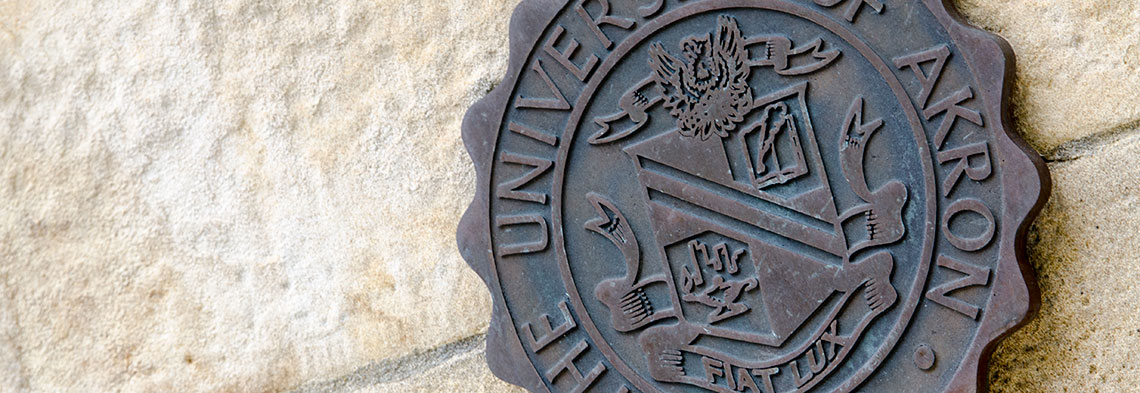Document Type
Article
Publication Date
January 2005
Abstract
Spendthrift and Discretionary Trusts: Alive and Well under the Uniform Trust Code
Among the provisions of the Uniform Trust Code (“UTC” or the “Code”) that have attracted the most attention are those of Article 5: Creditor’s Claims; Spendthrift and Discretionary Trusts. Although much of the UTC is a codification of the common law of trusts, there are many differences among the states in their handling of various creditors’ rights issues, and many jurisdictions have no law on some of those issues. As a result, there is no well-accepted, established common law on some of the issues addressed by Article 5. Further, while the UTC’s approach to many creditors’ rights issues is consistent with the common law in many states, in other respects the UTC’s approach is innovative and differs from existing law in many states. In some ways, Article 5 enhances the asset protection planning traditionally afforded by trusts, while at least in the context of the right of a child, spouse, or former spouse of a beneficiary of a discretionary trust to compel distributions he or she can reach, in many states the UTC would enhance creditors’ rights.
This Article addresses spendthrift and discretionary trust issues under the UTC in a question and answer format that is intended to respond to concerns, issues, and claims that have been raised or made with respect to the UTC’s creditors’ rights provisions. As it demonstrates, much of the criticism the UTC has received over this subject is unwarranted. Some of the criticism, however, has been instrumental in recent revisions to creditors’ rights provisions of the Code and its comments. While those revisions may not have satisfied all of the concerns of some of the UTC’s critics, they clarify that the Code will not have the adverse effects on the protections trusts have traditionally provided that its critics predict.
Publication Title
Real Property, Probate, and Trust Journal
First Page
567
Recommended Citation
Alan Newman, Spendthrift and Discretionary Trusts: Alive and Well under the Uniform Trust Code, 40 Real Property, Probate, and Trust Journal 567 (2005).


